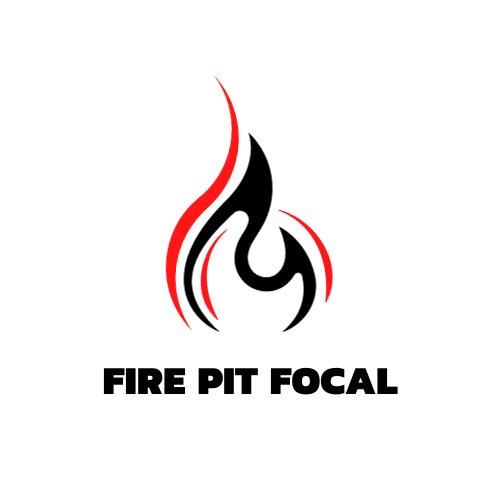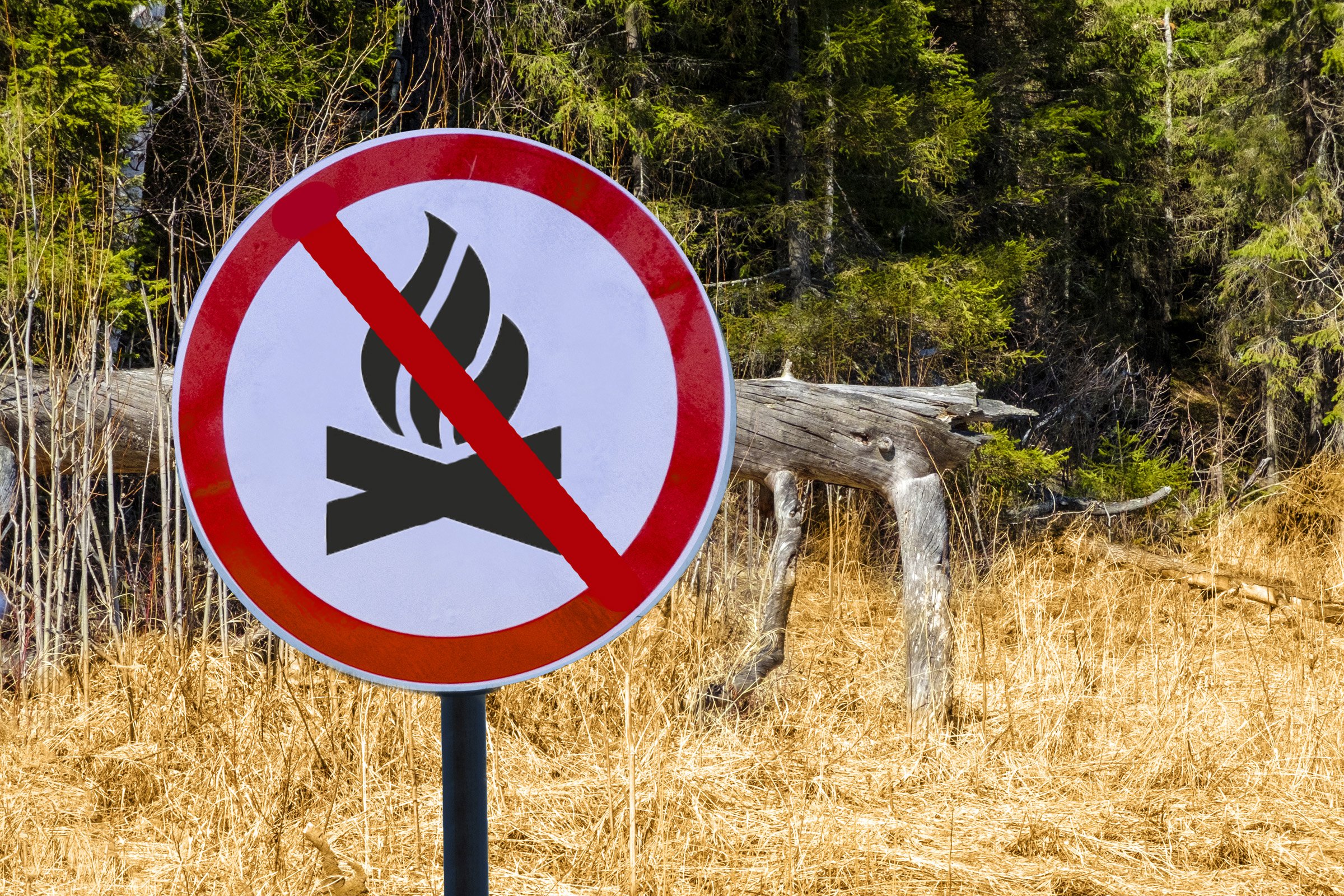Imagine sitting outside on a warm summer evening, surrounded by good company and the mesmerizing flicker of flames. But suddenly, you recall the fire ban in your area. You start to wonder: “Can I still enjoy my propane fire pit?” Luckily, we’re here to answer that burning question for you. In this article, we will explore whether propane fire pits can be used in areas with fire bans, providing you with the information you need to keep the summertime festivities alive without violating any regulations. So, grab a seat, relax, and let’s light up the facts on propane fire pit usage during fire bans.
Understanding Fire Bans
Definition
Fire bans refer to official restrictions on the use of open flames, such as campfires, bonfires, and other sources of fire, in specific areas. These bans are usually imposed by local or regional authorities during periods of increased fire risk, such as dry and hot weather conditions or to prevent wildfires.
Purpose
The purpose of fire bans is to reduce the risk of accidental fires and protect public safety. During periods of heightened fire danger, the use of open flames can easily ignite dry vegetation and lead to uncontrollable wildfires. Fire bans aim to minimize the risk of devastating fires that can cause property damage, harm wildlife, and put human lives at risk.
Propane Fire Pits: Overview
What is a Propane Fire Pit?
A propane fire pit is an outdoor heating appliance that uses propane gas as its fuel source. It typically consists of a decorative fire bowl or table, a burner, and a propane tank hidden beneath or attached to the unit. Propane fire pits provide a convenient and safe way to enjoy a cozy and warm fire outdoors without the need for traditional firewood.
How does it work?
Propane fire pits operate by connecting a propane tank to a burner mechanism. When the gas valve is opened, propane is released and ignited by a spark igniter or electronic ignition system. The flames produce heat and create a visually appealing fire, allowing you to enjoy the ambiance and warmth of a traditional fire without the hassle of gathering wood or dealing with smoke.
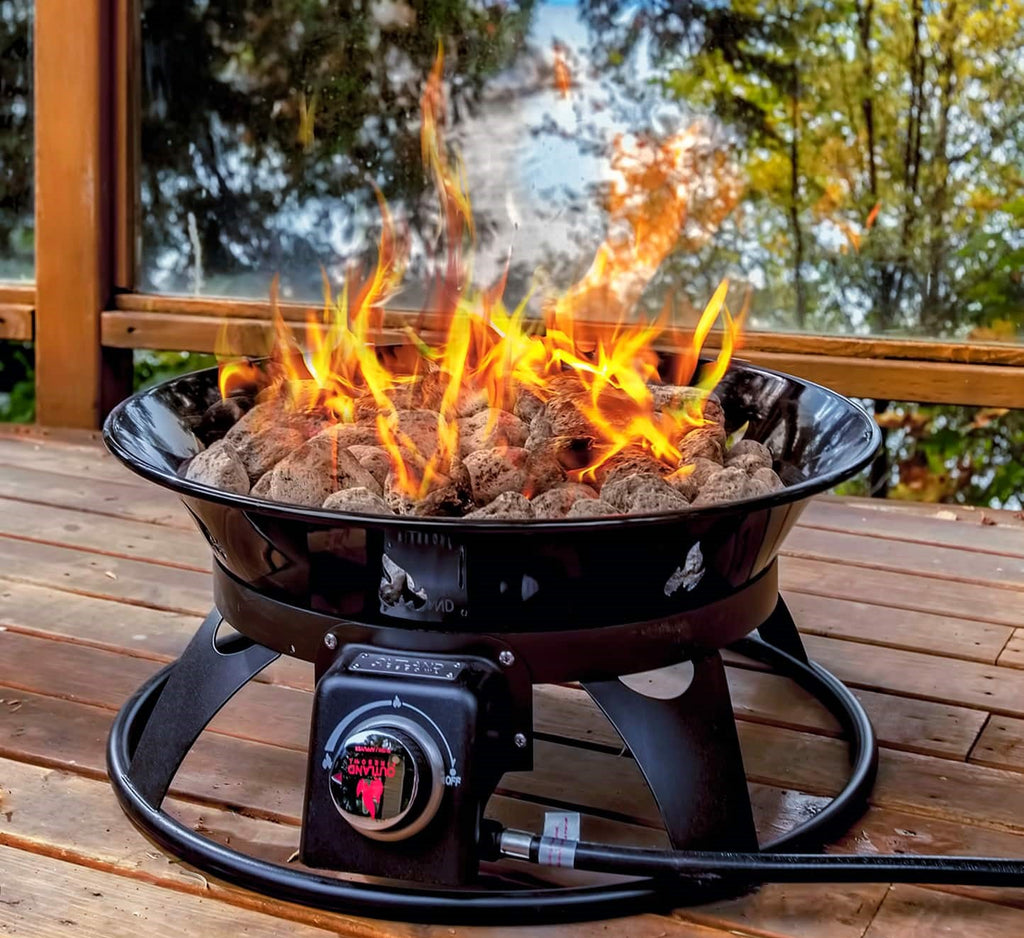
Benefits of Propane Fire Pits
Versatility
Propane fire pits offer great versatility in terms of placement and design. They come in various sizes, styles, and shapes to suit any outdoor living space. Whether you have a small backyard or a spacious patio, there is a propane fire pit that can complement your aesthetic preferences and fit perfectly into your outdoor setup.
Ease of Use
One of the primary advantages of propane fire pits is their ease of use. With just a simple push of a button or turn of a knob, you can instantly ignite or extinguish the flames. Unlike traditional fire pits that require gathering wood, starting a fire, and monitoring it throughout the evening, propane fire pits provide hassle-free operation and require minimal effort to maintain.
Clean Burning
Propane is a clean-burning fuel that produces significantly fewer emissions and pollutants compared to wood-burning fires. With a propane fire pit, you can enjoy a smoke-free experience without the annoyance of smoky odors or harmful fumes. This makes propane fire pits an environmentally-friendly and healthier option for outdoor heating.
Adjustable Flame
One of the standout features of propane fire pits is the ability to easily control and adjust the flame height and intensity. Most propane fire pits come with flame adjustment knobs or valves that allow you to customize the size and appearance of the fire to suit your preferences. Whether you desire a roaring blaze or a gentle flicker, propane fire pits offer the flexibility to create the ambiance you desire.
Low Maintenance
Compared to traditional fire pits that require regular cleaning and disposal of ashes, propane fire pits offer low maintenance requirements. Since propane produces no residue or ashes, there is no need to spend time and effort on cleaning up after each use. Additionally, propane fire pits eliminate the need to constantly feed the fire with wood, ensuring a hassle-free and enjoyable outdoor fire experience.
Fire Bans: Restrictions and Regulations
Reasons for Fire Bans
Fire bans are typically implemented in response to specific conditions that increase the risk of fires. Common reasons for fire bans include drought conditions, hot and dry weather, strong winds, or an elevated fire danger rating. These factors can make it easier for fires to spread rapidly and become unmanageable, posing a significant threat to both human lives and the surrounding environment.
Types of Fire Bans
Fire bans are generally categorized into different levels depending on the severity of the fire risk. These levels vary among different regions and can include partial fire bans, total fire bans, or extreme fire danger declarations. Partial fire bans may restrict certain activities, such as using open flames in designated areas, while total fire bans prohibit all open fires, including those typically allowed in designated fire pits or campgrounds.
Local Regulations
Specific fire ban regulations and restrictions can vary from one jurisdiction to another. It is essential to familiarize yourself with the local regulations and guidelines set by the authorities in your area. Checking with local fire departments, forestry services, or park management offices can provide you with up-to-date information regarding any fire bans in effect and the specific rules surrounding propane fire pit usage.
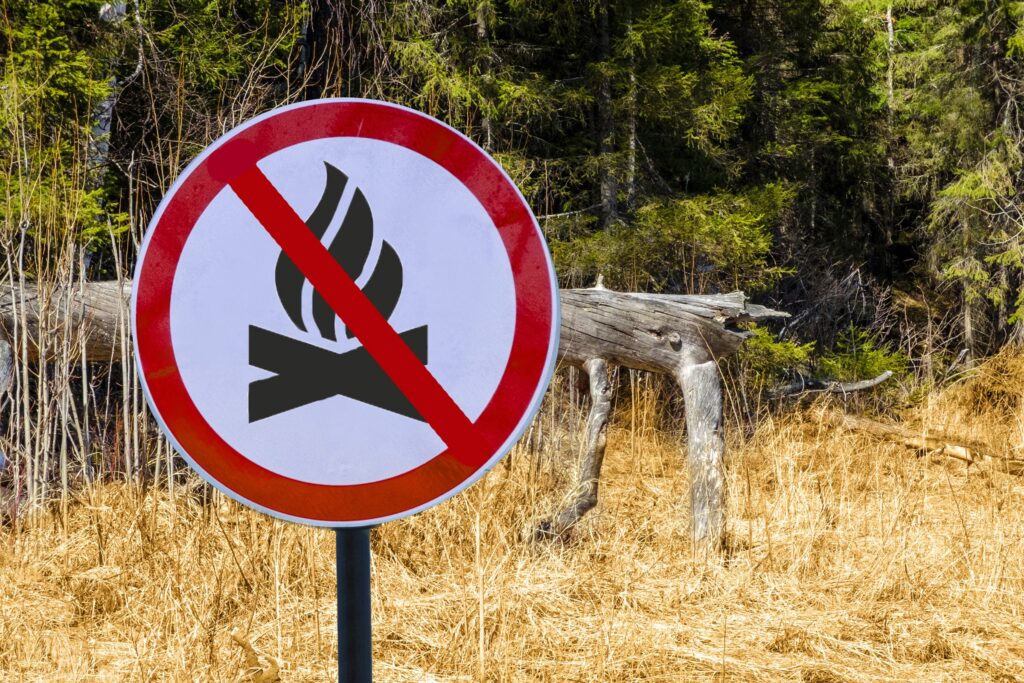
Using Propane Fire Pits in Fire Ban Areas
Safe and Legal Use
Propane fire pits can often be used safely in areas with fire bans, as they are designed to offer a controlled and contained flame. However, it is crucial to check the current fire ban status and adhere to any specific regulations or restrictions in place. By following the guidelines and protocols outlined by the local authorities, you can enjoy the benefits of a propane fire pit while still ensuring safety and compliance.
Following Local Regulations
Before using a propane fire pit in a fire ban area, it is essential to understand and comply with the local regulations. This includes restrictions on using open flames during specific hours or zones, adhering to size and location limitations, and obtaining any necessary permits if required. It is your responsibility to stay informed about the latest fire ban updates and comply with the rules to prevent fines or legal consequences.
Importance of Responsible Use
Even if the use of propane fire pits is allowed during fire bans, it is important to exercise responsible use to minimize any potential risks. This includes taking precautions such as placing the fire pit on non-flammable surfaces, maintaining a safe distance from combustible materials, and keeping a fire extinguisher nearby. Additionally, always ensure that the fire pit is completely extinguished and the propane tank is turned off when not in use.
Considerations before Using Propane Fire Pits in Fire Ban Areas
Fire Risk Perception
Before using a propane fire pit in an area with a fire ban, it is crucial to assess the fire risk perception. Consider factors such as the surrounding vegetation, weather conditions, and the proximity of other structures or materials that could potentially catch fire. If the fire risk is still deemed to be significant, it may be best to abstain from using the propane fire pit until conditions improve.
Weather Conditions
While propane fire pits are generally safer during fire bans due to their controlled flame, weather conditions can still affect their usability. Strong gusty winds can potentially spread sparks or embers from the fire pit, increasing the risk of accidental fires. It is crucial to monitor weather forecasts before using a propane fire pit and refrain from using it during periods of high winds or gusty conditions.
Propane Availability
Another consideration before using a propane fire pit in a fire ban area is the availability of propane. Ensure that there is an adequate supply of propane and that it is easily accessible. Running out of propane during a fire ban could leave you unable to extinguish the fire pit or pose the risk of attempting to find propane during unsafe conditions.
Additional Safety Measures
To further enhance safety when using a propane fire pit during a fire ban, it is advisable to implement additional safety measures. This may include setting up a fire-resistant barrier around the fire pit, keeping a fire extinguisher on hand, and having a water source nearby to quickly extinguish any potential sparks or embers. Taking these extra precautions can help mitigate the risks associated with using a propane fire pit in fire ban areas.
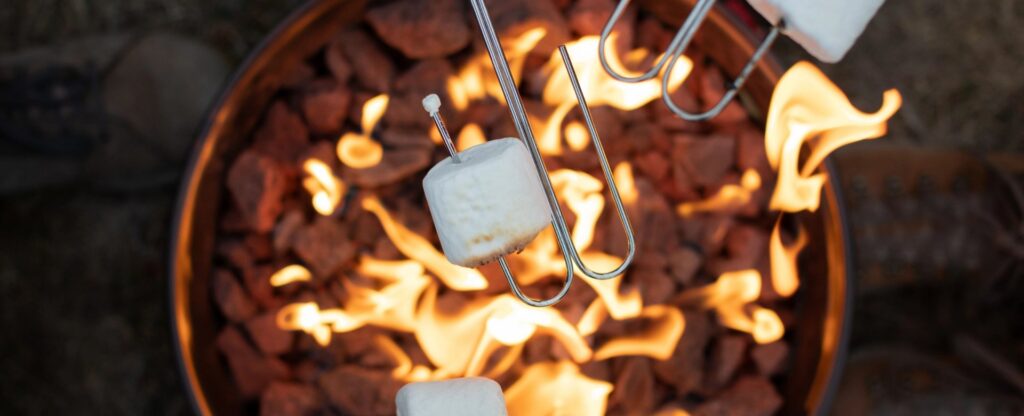
Alternatives to Propane Fire Pits during Fire Bans
Electric Fire Pits
Electric fire pits offer a safe and viable alternative during fire ban periods. These fire pits run on electricity and produce simulated flames using LED lights and heat generation through infrared technology. Electric fire pits provide a similar ambiance and warmth as propane fire pits but eliminate the need for open flames or combustible fuel sources.
Gel Fuel Fire Pits
Gel fuel fire pits are another alternative for enjoying outdoor fires during fire bans. These fire pits use gel fuel canisters as the heat source, which burn cleanly and produce less smoke compared to wood-burning fires. Gel fuel fire pits are often portable and offer ease of use, making them a convenient option for areas with fire restrictions.
Portable Grills
Portable grills that use charcoal or propane as a fuel source can be a suitable alternative for those who still want to enjoy outdoor cooking during fire ban periods. These grills provide a controlled source of heat and are typically allowed even during fire bans. Just be sure to check local regulations to ensure that portable grills are permitted in your area during fire bans.
Camp Stoves
Camp stoves are lightweight and portable cooking appliances that run on propane or other fuel sources specifically designed for outdoor use. These stoves offer a convenient way to prepare meals or heat beverages during fire bans. When using camp stoves, be sure to follow any guidelines or restrictions outlined by the local authorities to ensure safe and responsible use.
Respecting the Environment
Reduced Environmental Impact
Compared to traditional wood-burning fires, propane fire pits have a reduced impact on the environment. Propane is a clean-burning fuel that produces fewer emissions and pollutants, minimizing air pollution and its negative effects on air quality. Additionally, propane is a non-toxic fuel that does not release harmful chemicals or particulate matter into the atmosphere, ensuring a more environmentally friendly fire experience.
Proper Propane Cylinder Disposal
Propane cylinders used for fueling fire pits should be handled and disposed of properly to protect the environment. Empty propane cylinders can often be recycled at designated recycling centers or returned to the retailer for proper disposal. Avoid disposing of propane cylinders in standard waste bins or landfills, as they can pose safety hazards and contribute to environmental pollution.

Conclusion
Ensuring Safety and Compliance
When it comes to using propane fire pits in areas with fire bans, safety and compliance should always be the top priorities. By understanding the regulations, following local guidelines, and exercising responsible use, you can effectively enjoy the benefits of a propane fire pit while minimizing the risk of accidental fires and harm to the environment.
Enjoying Outdoor Fires Responsibly
Propane fire pits offer a convenient and enjoyable way to experience outdoor fires without the inconvenience and risks associated with traditional firewood. By considering alternatives during fire bans, respecting the environment, and adhering to local regulations, you can safely and responsibly enjoy the warmth and ambiance of a propane fire pit while protecting the natural beauty and safety of your surroundings.

